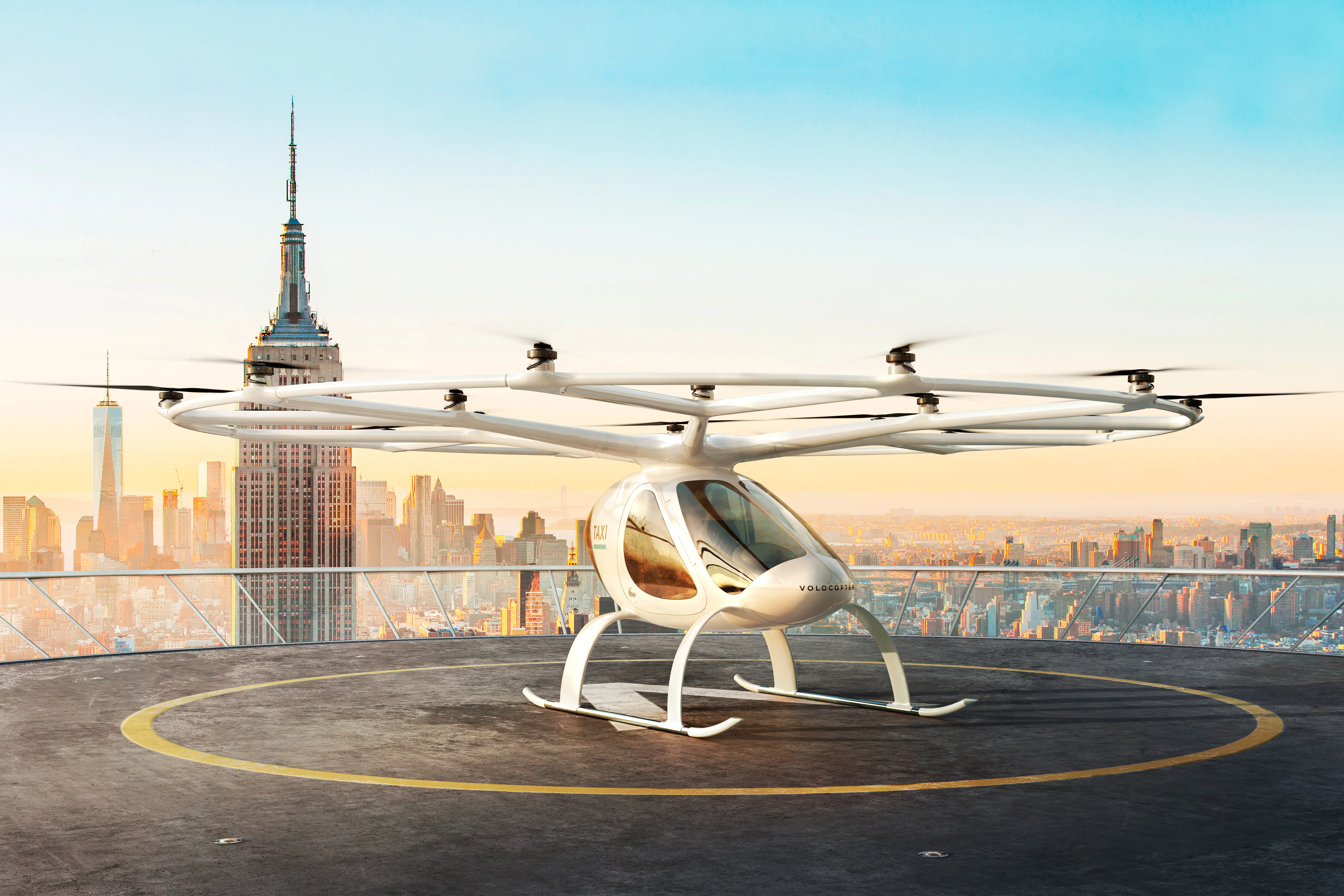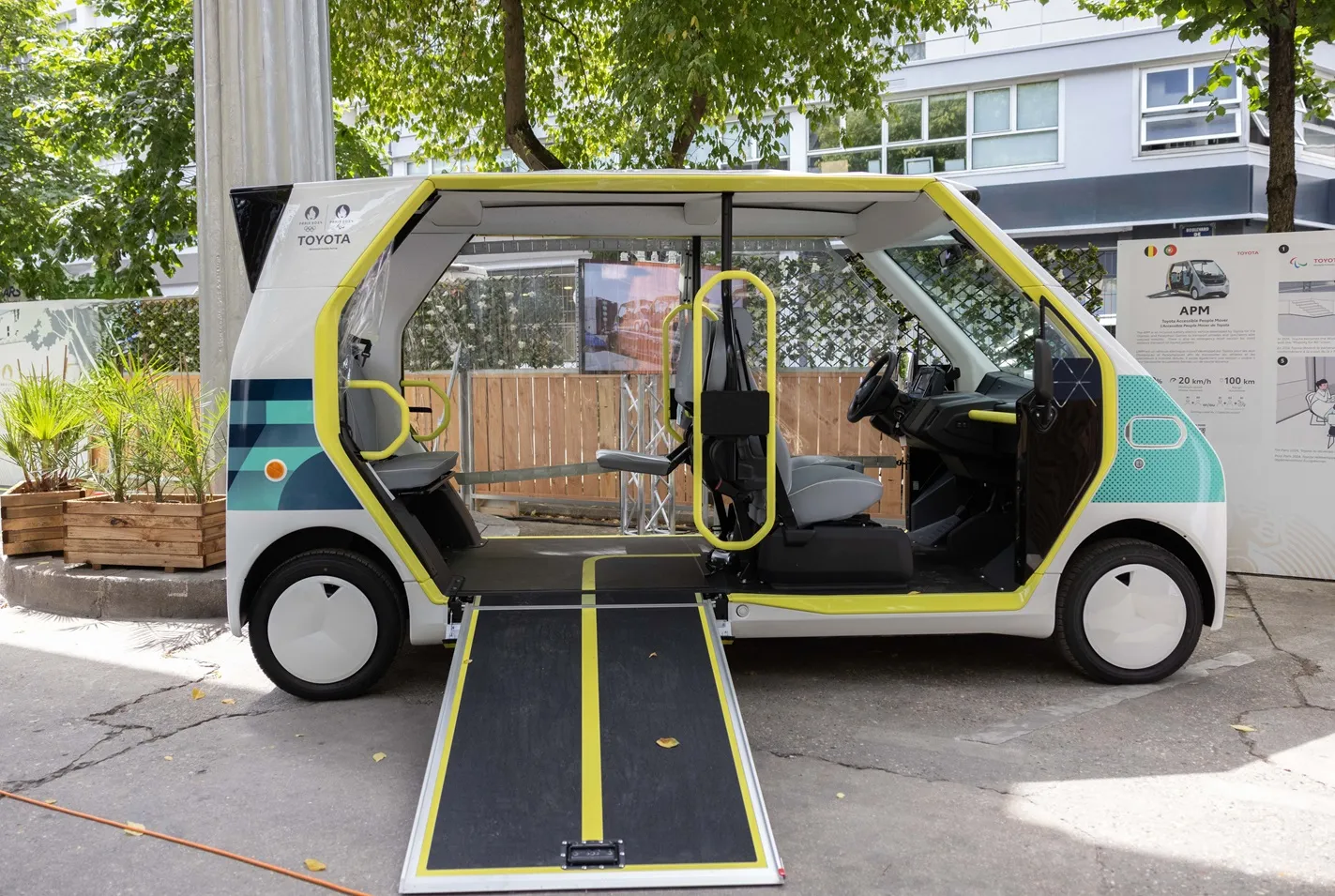
Volocopter is expanding its partnership with Japan Airlines (JAL) in a bid to launch commercial air taxi services in Japan within the next three years.
In February, Volocopter received an investment from JAL to further develop its electrically powered air taxis and heavy lift cargo drone technology.
The partners are now exploring business opportunities for air mobility services, specifically Volocopter's electric vertical take-off and landing aircraft (eVTOL).
As part of the new deal, JAL is to apply knowledge gained from its aircraft operations to the air mobility service. It also intends to use these services to deliver medical care in remote areas.
JAL is also working with Mitsui Sumitomo Insurance and business development partners MS&AD InterRish Research & Consulting to accelerate the introduction of Volocopter’s services in Japan.
In a separate move, Volocopter has joined forces with Groupe ADP (Aéroports de Paris) and the RATP Group to trial its air taxis in the Paris region.
The companies will trial the VoloCity air taxis at a test area within Pontoise airfield, 35km northwest of the French capital.
Volocopter says the prospect of the 2024 Olympic and Paralympic Games provides an opportunity for the entire industry to be involved in the project.
In the first half of 2021, the partners will establish suitable parking areas, electrical recharging systems and ground markings.
They will also work with DGAC (Civil Aviation Authority) to test the parking, take-off and landing operations as well as operations around the vehicle such as maintenance and electrical recharging in June next year.
Additionally, a worldwide call for expressions of interest is being launched to establish a community of small- and medium-sized enterprises, start-ups, laboratories and universities in the region.
According to Volocopter, the call covers all components of urban air mobility which include vehicle development for manufacturers and equipment suppliers, urban infrastructure for energy companies and operations for suppliers of intermodal solutions, maintenance or digital platforms.
It is supported by Choose Paris Region, a non-profit governmental agency that supports international companies in building technology partnerships.
RATP chairwoman Catherine Guillouard says: “By inaugurating this trial area and launching this call for expressions of interest at an international scale alongside Groupe ADP and with the support of the Île-de-France Region, we intend to be a privileged partner of the smart cities of tomorrow.”








